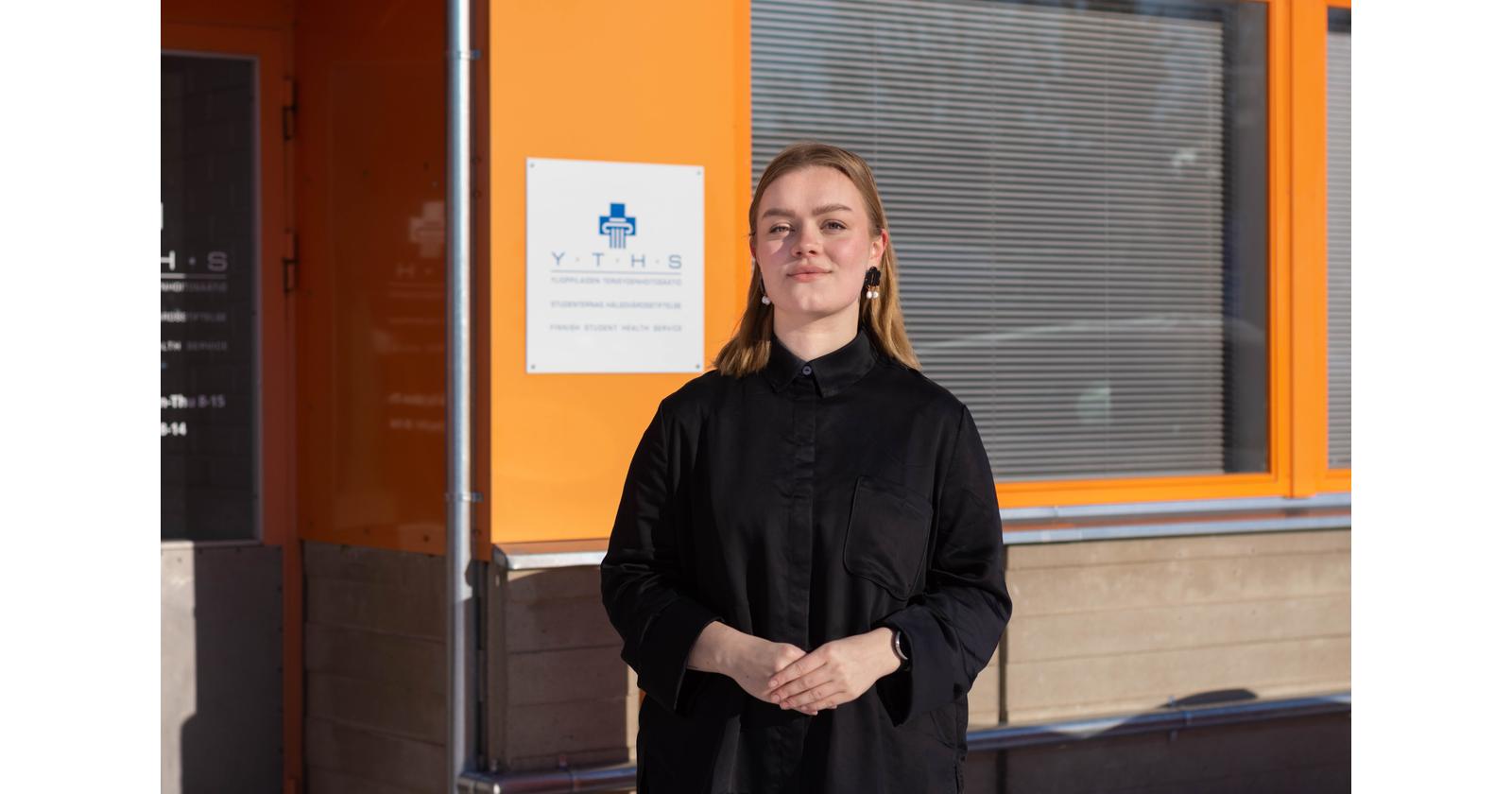-
Essential:
Essential cookies are essential for you to browse the website and use its features. Cookies that allow web shops to hold your items in your cart while you are shopping online and navigating the website are an example of strictly necessary cookies. Our website does not work without these cookies, so they are stored without your express consent.
-
Preferences cookies:
Preferences cookies can be used to change the user experience of our website. Preferences cookies allow a website to remember choices you have made in the past.
-
Statistics cookies:
Statistics cookies are used to collect information about how you use our website. None of this information can be used to identify you.
-
Marketing cookies:
Marketing cookies track your online activity. The purpose of marketing cookies is to help advertisers deliver more relevant advertising or to limit how many times you see an ad.
Student well-being has turned into student ill-being – FSHS core funding must be increased

All students in higher education have received equal services produced by the Finnish Student Health Service (FSHS) from the beginning of 2021. Although the idea of the reform was beautiful – all students in higher education are equal in health care – the implementation has not gone well. The number of customers more than doubled, and FSHS' resources are no longer sufficient. Almost half of the students experience study exhaustion, one in three students are psychologically burdened, and the demand for mental health services has nearly tripled compared to 2019. Treatment lines get longer, ill-being increases, and study progress slows down. It is clear that this cannot continue much longer.
Students in higher education are the group with which Finland's future is built. FSHS is a specialist in students' health, and that specialized knowledge is needed. Increasing demands on the progression of studies and in the studies themselves exhaust the students before they graduate. We need healthy future experts whose work ability does not crumble immediately at the threshold of their career paths.
Together with the students, FSHS has repeatedly requested more resources and according to the article written by Helsingin Sanomat (04/2022), both Kela and the Ministry of Social Affairs and Health (STM) are aware of the lack of resources and the alarmingly long queues for treatment. STM has promised to ease the situation. Despite the promises, there has been no improvement. Attempts have been made to fix FSHS' situation with separate additional grants but temporary project funding does not support continuous operations and does not correct the problems of basic level funding. The short-term nature of funding makes it difficult to provide services and does not help the core problem. Core funding must be increased.
In the worst case, insufficient care can lead to loneliness, crisis of mental health problems and interruption of studies. In addition to funding, FSHS also lacks other resources. There is a shortage of health professionals across the field, and in particular there are not enough psychotherapists for the need. Psychotherapist training must be made free of charge for students in the field in order to meet the demand. The therapy guarantee, i.e. a lowered threshold for access to treatment, must be implemented during the next parliament term. These are the first steps in the right direction.
Together with the National Union of University Students in Finland and the National Union of Students in Finnish Universities of Applied Sciences, we call for and demand long-lasting and genuine solutions. The core funding of FSHS must be increased permanently so that we can secure the well-being of students in higher education. Students are the future of Finland, but without adequate healthcare, the future looks bleak.
Laura Koivisto
Board member responsible for social affairs
Student Union of the University of Vaasa











